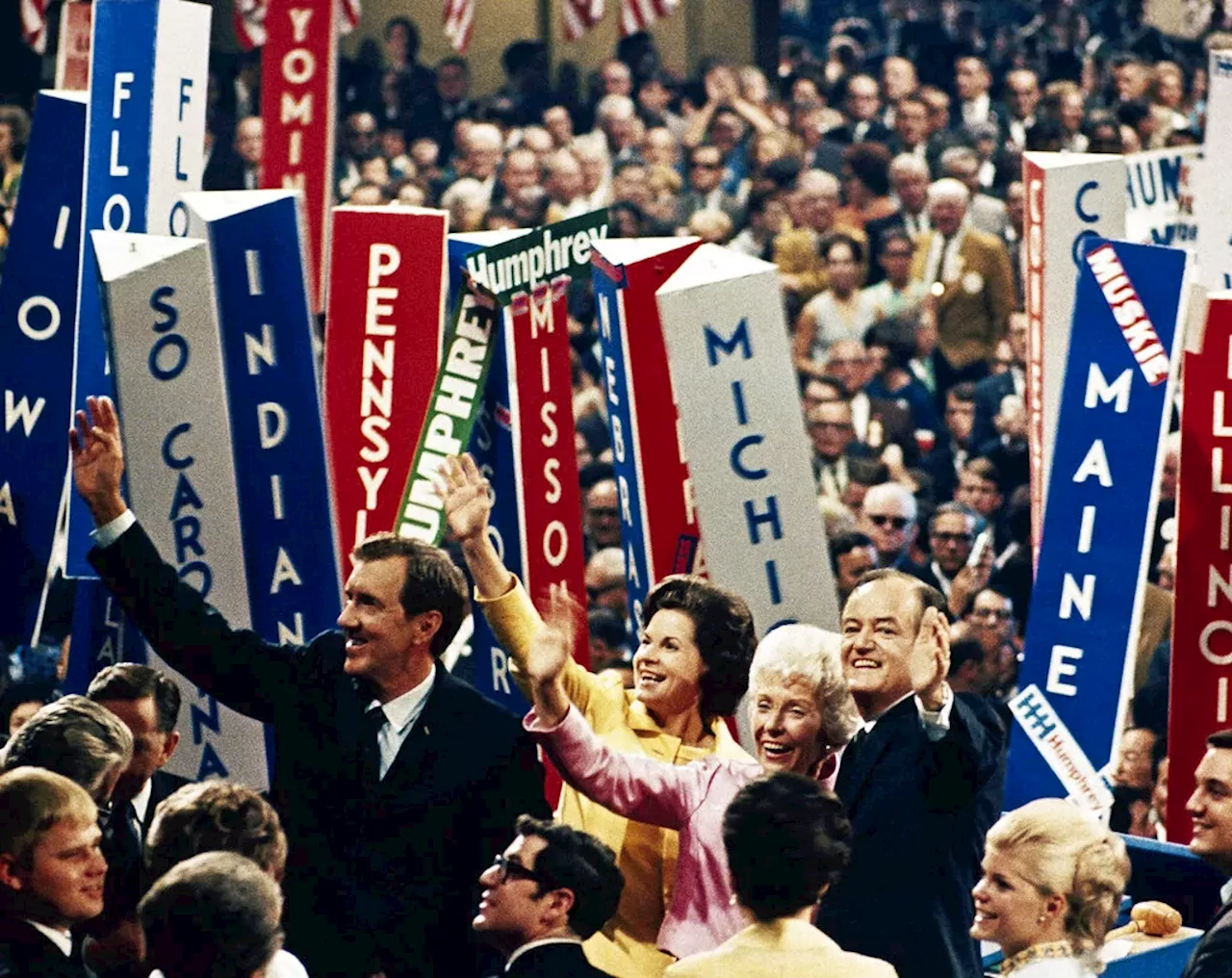Political News and Conservative Analysis About Congress, the President, and the Federal Government
. This election cycle, the Democratic Party’s drama over its nominee has once again opened debate over whether conventions should go back to their roots and pick nominees, or if they should remain the decorative coronation events they’ve become over the past half-century.
In 1831, the National Republican Party held its own national convention, and the Democratic Party followed suit the next year. The open convention strategy was not without criticism. As Theodore Roosevelt challenged William Taft for the Republican nomination in the early 20th century, he protested the delegate model as anti-democratic. The smoke-filled rooms with big party bosses swaying delegates behind the scenes were not to his liking. As a leader of the Progressive Era, Roosevelt believed direct primaries best captured “the voice of the people” as Postell said.
As Postell put it, “Somebody like you or me, we could never actually run for office. … We’d have to get the backing of all these donors. We’d have to go out and make a lot of speeches.” 1968 proved to be the next pivotal point in the battle between open conventions and direct primaries. After then-Sen. Robert F. Kennedy was assassinated, multiple Democratic candidates hustled to clinch delegates at the convention. At the same time, violent protests put a pall over the event as Vietnam fervor hit a fever pitch. Although Vice President Hubert Humphrey, the establishment’s favored candidate, won after the first round, the atmosphere crackled with tension.
In the years since the McGovern-Fraser Commission, both major political parties in the United States have adopted what are known as direct primaries. While historically, a victory in a primary was not a guarantee of the state’s delegates, in modern politics, that is no longer the case. The current nominating process in the U.S. mandates delegates be awarded based on results in primaries and caucuses.
Canada Latest News, Canada Headlines
Similar News:You can also read news stories similar to this one that we have collected from other news sources.
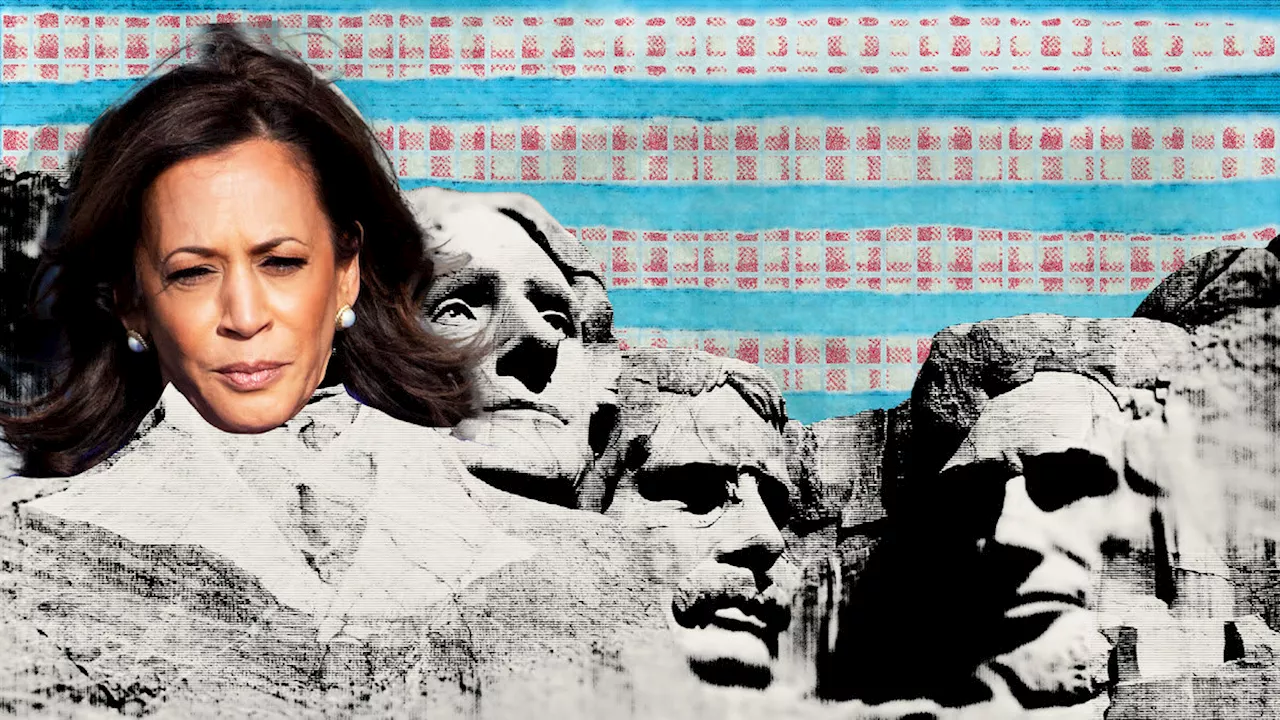 The Case for Ditching Joe Biden and Making Kamala Harris Step Up InsteadYou might think Harris would have no chance at the presidency, but in fact, the numbers show she could have a shot.
The Case for Ditching Joe Biden and Making Kamala Harris Step Up InsteadYou might think Harris would have no chance at the presidency, but in fact, the numbers show she could have a shot.
Read more »
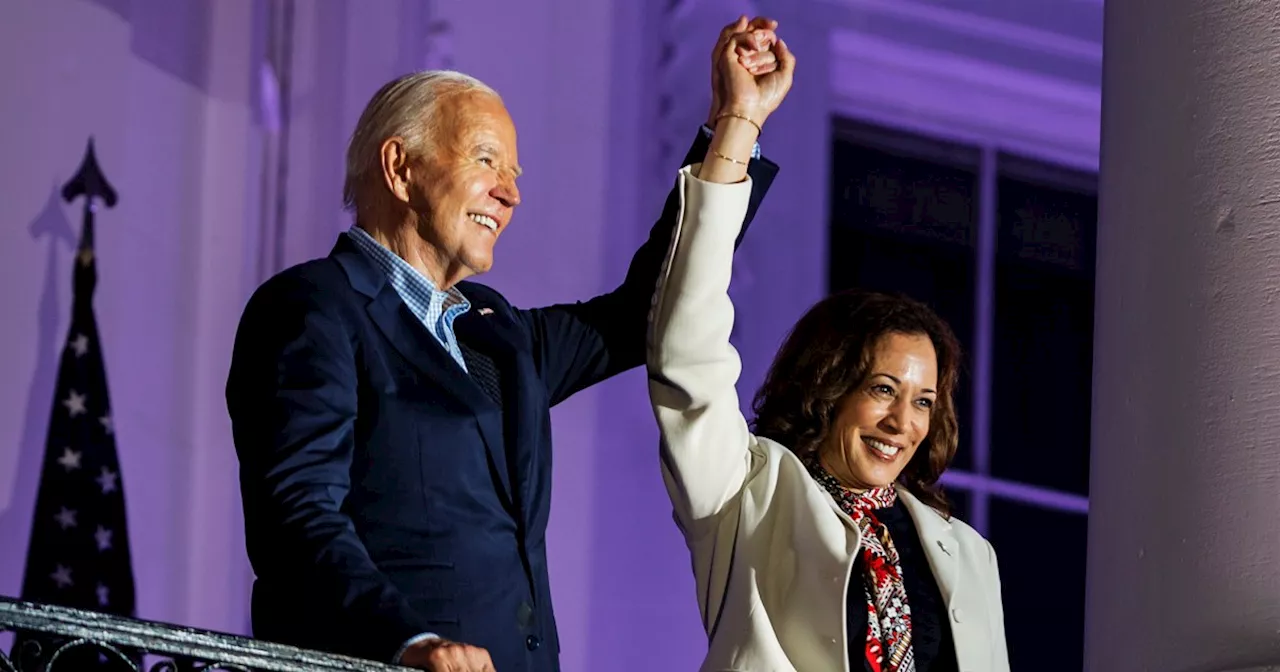 What’s next for Democrats after Biden withdraws from 2024 race, endorses HarrisMSNBC’s Rachel Maddow talks about how the Democratic party can reorganize after President Joe Biden announced he would not be seeking re-election and possibly nominate Vice President Kamala Harris.
What’s next for Democrats after Biden withdraws from 2024 race, endorses HarrisMSNBC’s Rachel Maddow talks about how the Democratic party can reorganize after President Joe Biden announced he would not be seeking re-election and possibly nominate Vice President Kamala Harris.
Read more »
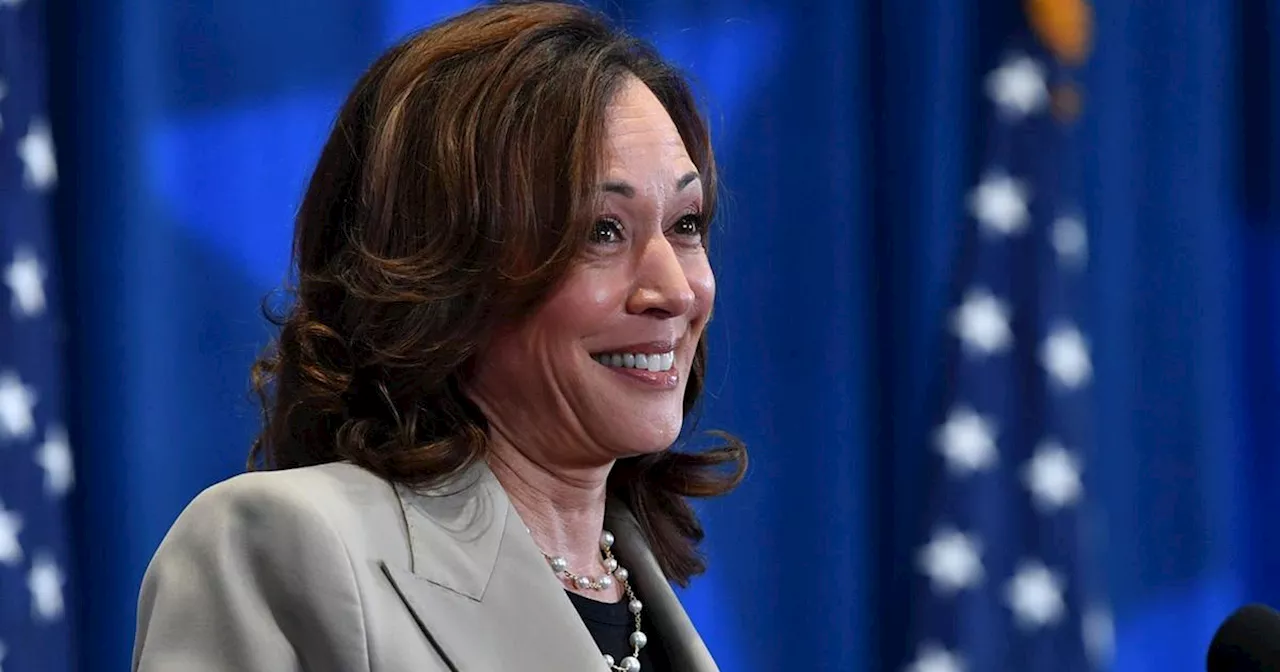 Democrats line up behind Kamala Harris after Biden drops reelection bidBill and Hillary Clinton were among the Democrats who endorsed Vice President Kamala Harris after President Biden ended his reelection bid Sunday.
Democrats line up behind Kamala Harris after Biden drops reelection bidBill and Hillary Clinton were among the Democrats who endorsed Vice President Kamala Harris after President Biden ended his reelection bid Sunday.
Read more »
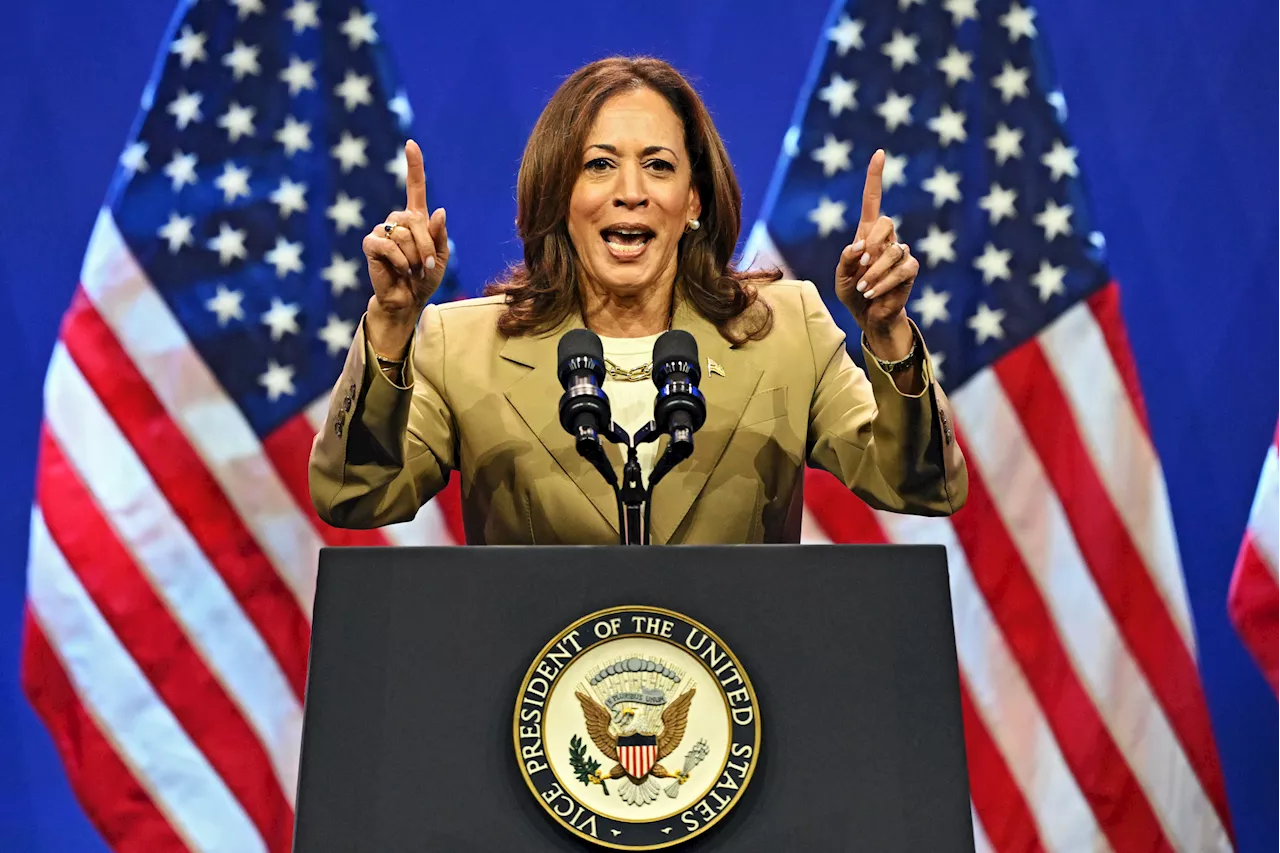 Kamala Harris Gains Support From DemocratsDemocrats have come out in support of Harris after President Joe Biden ended his election campaign on Sunday.
Kamala Harris Gains Support From DemocratsDemocrats have come out in support of Harris after President Joe Biden ended his election campaign on Sunday.
Read more »
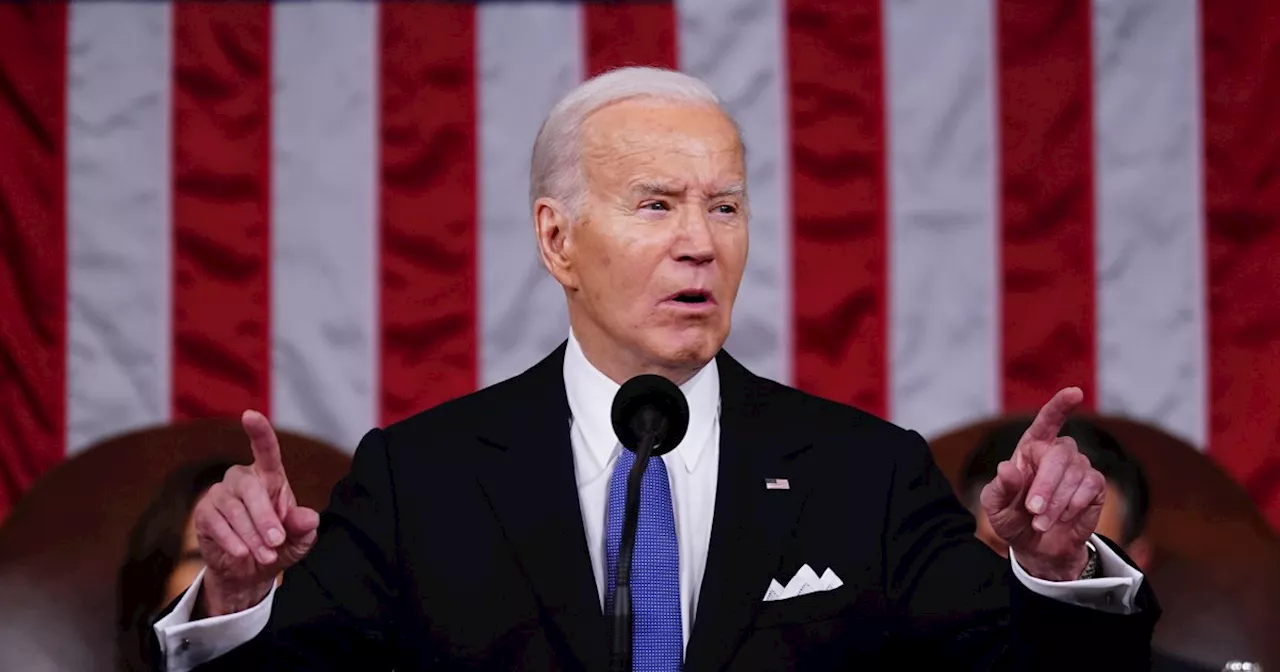 Democrats praise Biden's achievements as president, with some endorsing Harris as his successorPresidential historian Jon Meacham joins MSNBC’s Katy Tur to discuss Biden’s withdrawal from the 2024 presidential election. Meacham talks about the magnitude of the decision for Biden and the country.
Democrats praise Biden's achievements as president, with some endorsing Harris as his successorPresidential historian Jon Meacham joins MSNBC’s Katy Tur to discuss Biden’s withdrawal from the 2024 presidential election. Meacham talks about the magnitude of the decision for Biden and the country.
Read more »
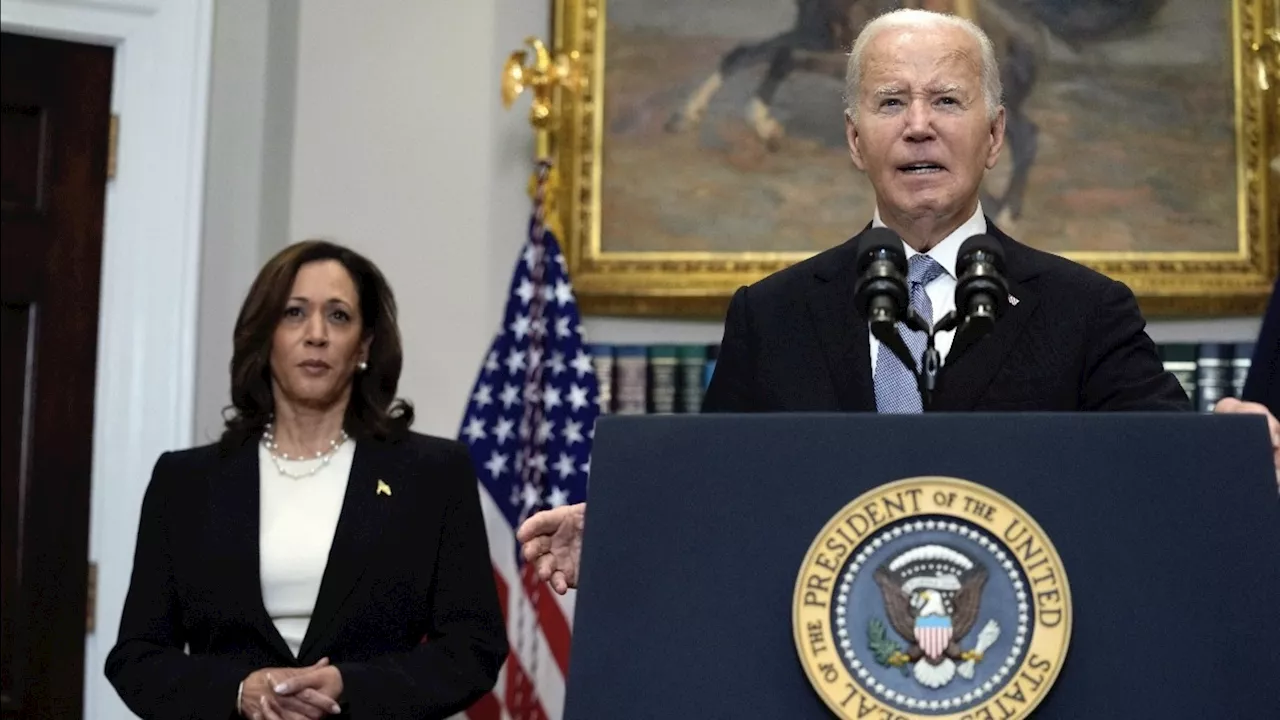 Texas Democrats face historic moment after President Biden withdraws, backs HarrisMore than 200 Texas Democrats will vote to select a new nominee for president at the Democratic National Convention in Chicago.
Texas Democrats face historic moment after President Biden withdraws, backs HarrisMore than 200 Texas Democrats will vote to select a new nominee for president at the Democratic National Convention in Chicago.
Read more »
